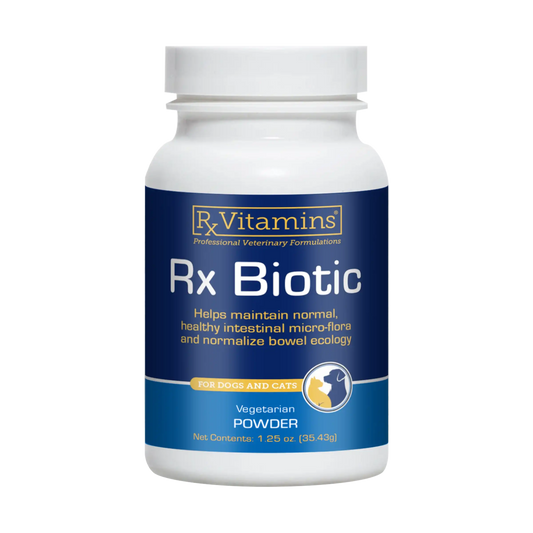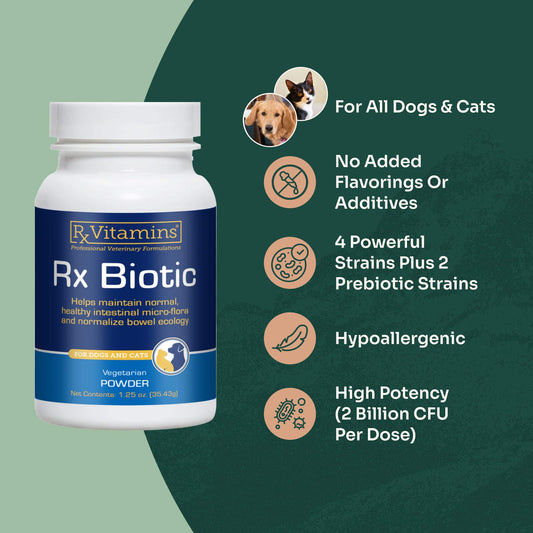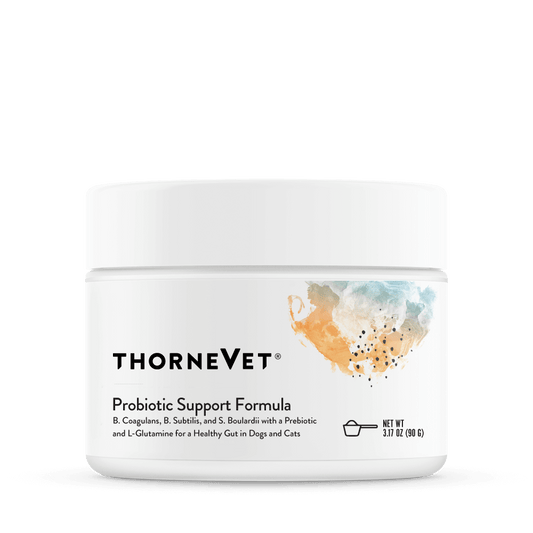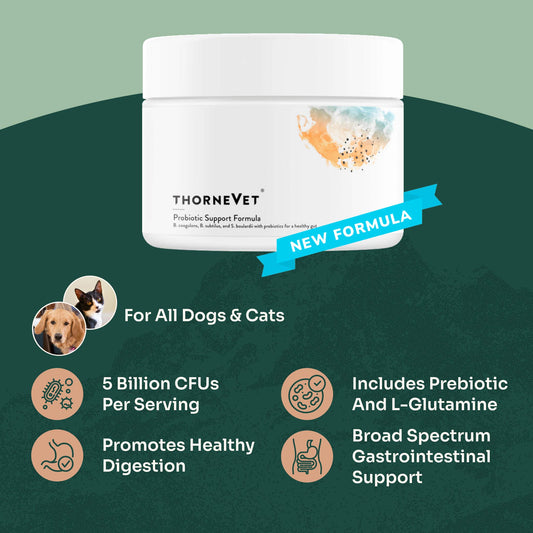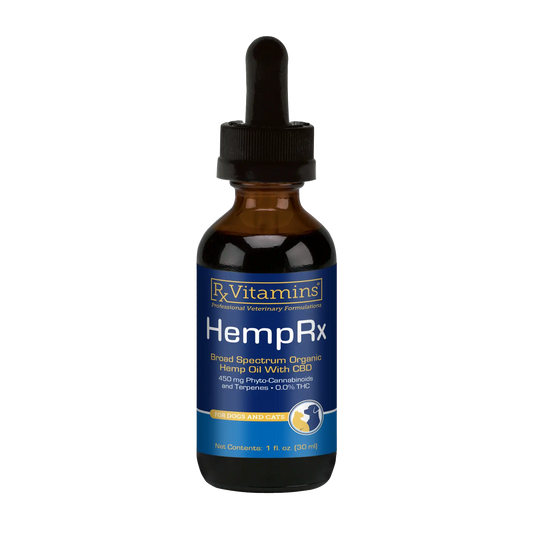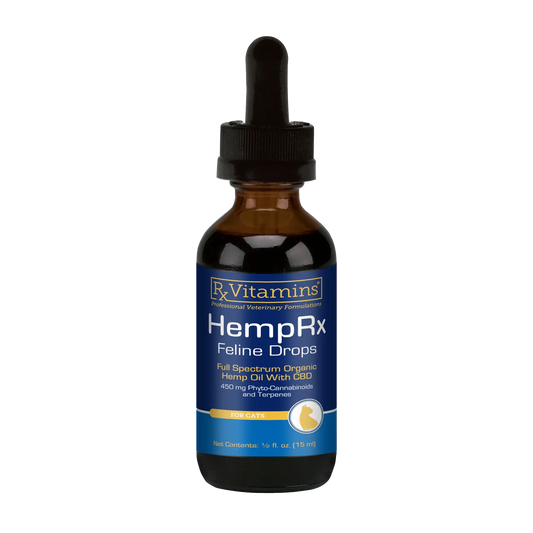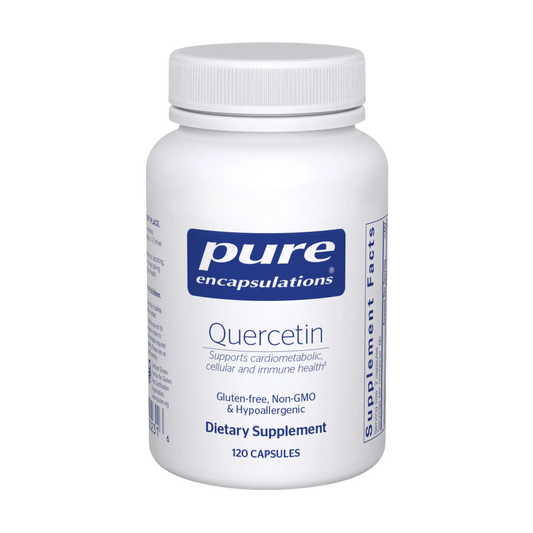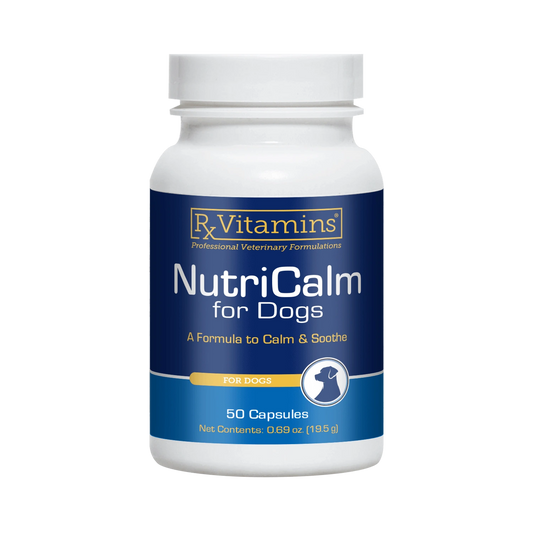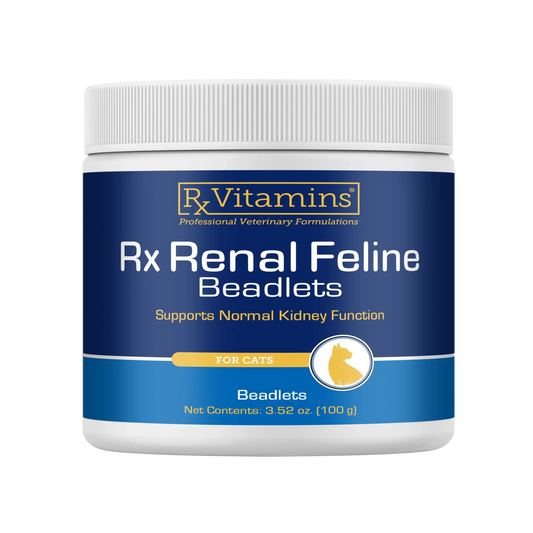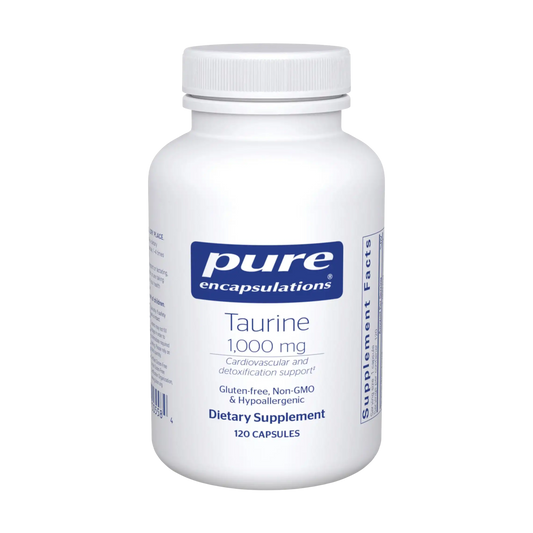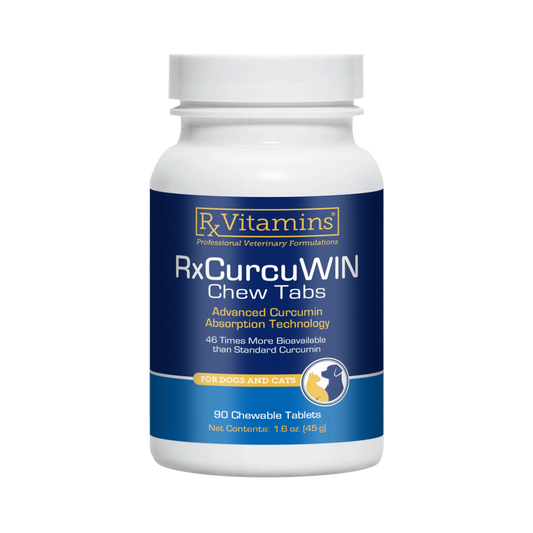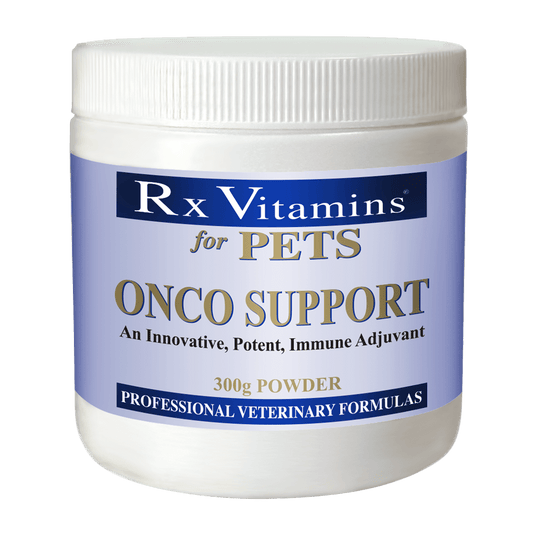In the second part of this two-part series, I will discuss in great detail my holistic approach to cats with Inflammatory Bowel Disease. If you missed the first part, check it out! I discussed the diagnostic process. In this article, I will discuss diet, supplements, and pharmaceutical interventions. Let’s dig in!
You are entering the process of treatment with either a diagnosis of inflammatory bowel disease (IBD) or a suspected diagnosis of IBD. In my practice, many pet parents begin trial treatment after the ultrasound. If the disease has caused progressive and severe weight loss, many will have a diagnosis via endoscopy. Please work with your veterinarian to make a plan that is appropriate for your pet.
Diet
In my experience, this is where cats with severe IBD differentiate themselves from cats with more mild disease. Cats with more mild disease may see immediate relief with diet alone. Cats with more severe disease often need treatment beyond diet.
Low Carbohydrate Diet
This is the easiest place to start. I recommend using a grain-free canned or raw preparation. More about raw diets in the next section. Some cat’s symptoms of vomiting and diarrhea resolve immediately after being placed on a grain free, low carbohydrate diet. Even kibbles that are labeled grain free may contain too many carbohydrates. In order to make a kibble crunchy, a carbohydrate source such as pea or potato is used. Eliminating this carbohydrate source can be transformative.
Raw Diets
While these diets are quite controversial, I have seen absolute improvement for cats with digestive problems. On the flip side, some cats become worse on these diets. You don’t really know until you try. Some cats love raw diets while others absolutely refuse to eat them. Many cat parents make the mistake of forcing their cats to eat raw food without slowly transitioning. The approach of not offering any other food in hopes they will ‘break down’ and eat the raw food can be dangerous. Cats will refuse to eat for so long that they can develop deadly liver disease. Don’t let your cat go hungry.
If you are using a freeze-dried option, make sure that you add water. Also, it is much safer to feed commercial preparation of raw food than go to the supermarket and buy raw meat off of the shelf. Stella Chewy’s is definitely a favorite. If your cat has pancreatitis, be sure to discuss the ideal fat content of your cat’s diet with your veterinarian.
Prescription Diets
In severe cases or cases where we can’t find relief with other diet, prescription diets can be of some use. In my hands, these are the cases that are extremely severe. My own cat, is one of these cases. It is important to understand the different classes of prescription diets for treating IBD. If possible choose the canned version of these foods.
- Novel Protein Diets. This is thought to be the most effective form of diet therapy for IBD in cats. In practice, I have had mixed results. The concept is that you are feeding your cat a protein source that they have never had before. It is less likely, although possible for your cat to have an immunologic response to this new protein. My preference is the Royal Canine line of canned novel protein diets. I use the canned rabbit, duck and venison. If your cat doesn’t have pancreatitis, I generally start with the duck. You can also try novel proteins in nonprescription forms. Keep in mind that most pet foods (besides prescription) contain some level of cross-contamination. This means that other ingredients, not listed in the ingredient list, may be found in the foods. This happens when manufacturing lines are shared and not properly decontaminated. This may not be a problem for all cats as trace amounts may not cause a reaction. For those extremely sensitive cats, this can cause much confusion. That’s why I start with prescription versions and then move to other formulations if the prescription food was successful.
- Hydrolyzed Diets. The body’s immune system recognizes/reacts to protein. Think of a protein has a strand of pearls. Each pearl is an amino acid. The larger the protein, the more reactive it is thought to be. Hydrolyzed diets are made when we take a protein (pearl strand) and break it into smaller strands of amino acids (pearls). Smaller proteins are less reactive and produce less inflammation. My recommendation is Hill's canned z/d.
- Amino Acid Diets. This is taking the hydrolyzed diet to the next level. Here the protein (strand of pearls) is broken down into individual amino acids (pearls). This is the least allergenic form a protein possible. Royal Canin makes a diet called Ultamino. They just came out with a version for cats that only comes in kibble. I have not yet tried this diet in practice. If you choose this diet, add water if possible.
- Gastrointestinal Diets. Royal Canin makes a few canned varieties that are more digestible but are not hydrolyzed. They make a high calorie version that I found to be helpful in putting weight back on cats that have become emaciated. Again, these are for more severe cases. My own kitty was one such case. When everything else failed, prednisone and the Royal Canin high calorie canned food saved his life.
Supplements for Inflammatory Bowel Disease
- Probiotics. Most cats with digestive disease have some form of dysbiosis or imbalance of gut bacteria. As we learn more about the microbiome (all the bacteria in the digestive tract and skin) we are understanding what an important role it has in inflammatory disease. What we don’t know yet is what causes some cats to have dysbiosis while other do not. I suspect there is a strong genetic component that may be activated by some external factor. Supplementing with good bacteria (probiotics) can be very helpful. What we don’t know is which strains of bacteria are the most helpful. In my experience, this answer is very individual.
Rx Biotic by Rx Vitamins for Pets
- Vitamin B12 Supplementation. Most cats with intestinal disease are deficient in vitamin B12. This occurs because they cannot absorb nutrients properly through the intestinal lining. This is extremely easy to supplement through subcutaneous injection. This is given right under the skin with a very tiny needle. For the most severe cases, once weekly administration may be necessary. For less severe cases or for maintenance, once monthly injections are adequate. Talk with your veterinarian about supplementation and learn how you can do it at home.
- Vitamin D Supplementation. There is a growing body of evidence that is correlating low vitamin D levels to inflammatory conditions in cats and dogs. Vitamin D is easily tested and supplemented. I use VDI laboratories to test blood levels of vitamin D for cats and dogs. Your veterinarian can easily order these test kits. I use Rx Vitamins for Pets RxD3 as a supplement. It can be dangerous to supplement without first checking your cat’s blood levels of vitamin D. This vitamin is stored in the fat and excess amounts are not easily flushed from the body.
- Omega 3 Fatty Acids. Talk to your veterinarian about using moderate to high doses of these fatty acids to reduce inflammation. Depending on your cat’s pancreatic enzymes and current diet, your veterinarian will be able to help you maximize the dose of fatty acids safely.
- Vitamin Supplement. As we discussed earlier, your cat may not be absorbing nutrients as efficiently with all the intestinal inflammation. If your cat tolerates supplementation, I recommend using Rx Essentials for Cats Multivitamin by Rx Vitamins for Pets.
- Chinese Herbal Remedies. There are many great herbal formulas that can be helpful for cats with intestinal inflammation. Find a practitioner of Traditional Chinese Veterinary Medicine near you through IVAS or The Chi Institute.
Pharmaceuticals for Inflammatory Bowel Disease
- Steroids. Ugh, I know. No one wants to use steroids. Check out my article on a more holistic approach to steroids here. I recently started my own cat on steroids for IBD. Trust me, I did everything I could to avoid this. He was miserable and wasting away and constantly hungry. Starting him on prednisone is the best thing I could have done for him. Two months later he is gaining weight, he is happy and relaxed. Oral steroids (prednisone or prednisolone) are a common initial treatment for IBD. They can be used to gain rapid control of intestinal inflammation. Long-term use of prednisone in cats can cause an increased risk of developing diabetes. For that reason, I generally try to use another steroid, budesonide, after I gain control of symptoms with prednisone. This steroid is poorly absorbed by the GI tract and therefore there is less risk of developing diabetes. Steroids are only indicated in the moderate to severe cases of IBD. It is my opinion, that these are a small percentage of cats with IBD. Read more about my holistic approach to steroids.
- Cerenia. This is an anti-nausea medication that is being used for IBD in cats. It can greatly reduce vomiting and might help reduce pain in the belly. Ask your veterinarian if this drug might be a good addition to your cat’s protocol. I have used it many cat patients with no known side effects.
- Metronidazole. This is an antibiotic that has anti-inflammatory properties. For cats with chronic diarrhea, this is sometimes helpful in firming up stools and managing chronic inflammation. Your veterinarian may recommend long courses of metronidazole to help modulate inflammation of your cat’s intestinal tract.
Deep Breaths! That was a lot of information!
Adding a holistic veterinarian and an internal medicine specialist to your team can be valuable when treating inflammatory bowel disease in cats. Listen to everyone’s opinions and remember to keep an open mind. This is a disease that is best managed with an integrative approach.
With love,
Dr. Angie

